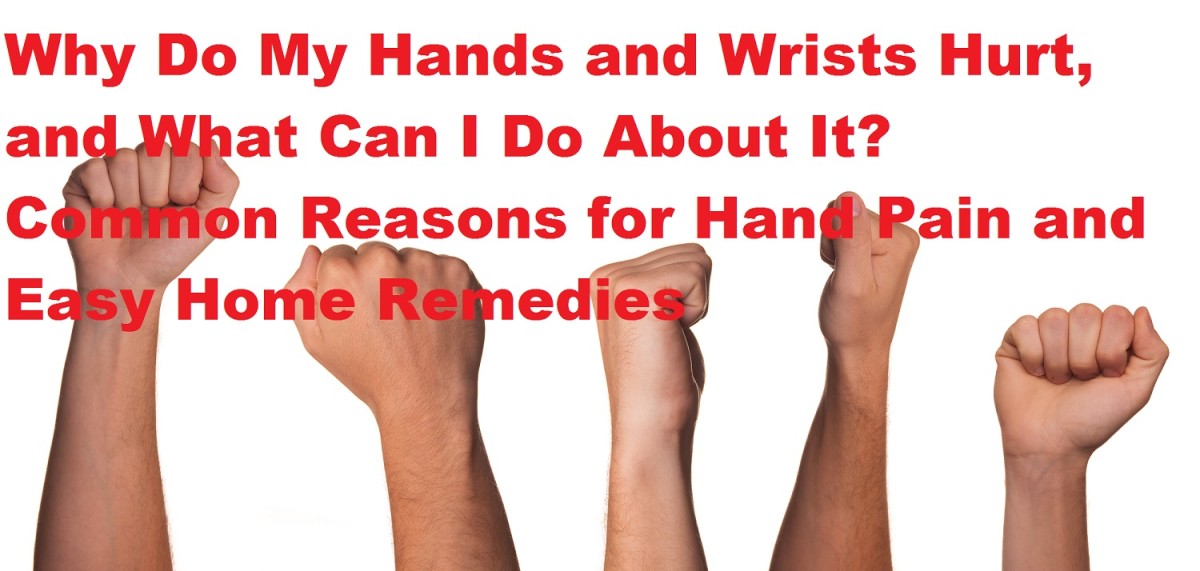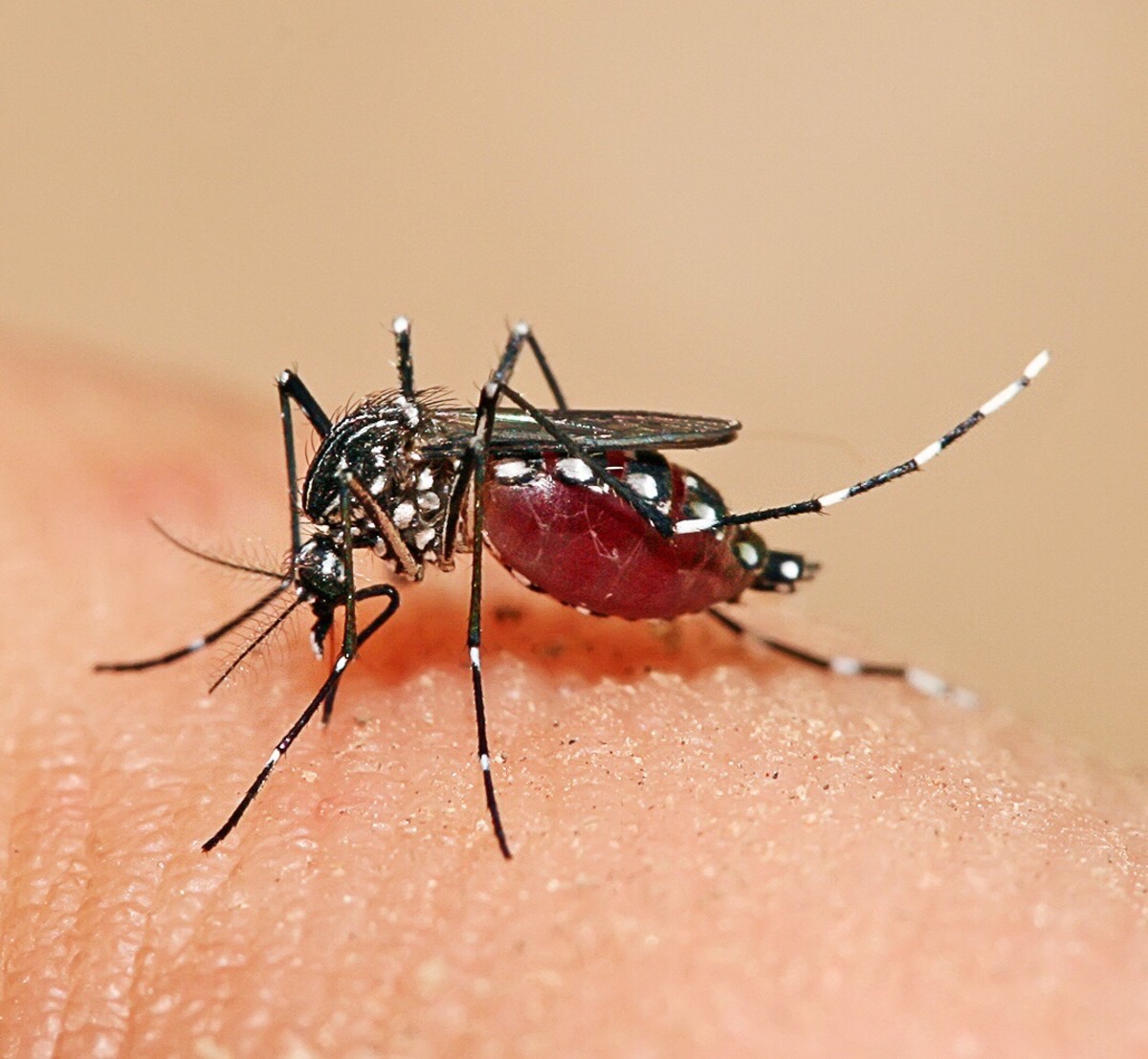Am I At Risk of Developing Carpal Tunnel Syndrome

Carpal Tunnel: Who is at Risk
Sometimes the smallest of injuries or conditions can limit a persons ability to do one's job and ultimately keep a person out of work. Carpal Tunnel Syndrome, once thought of as a "secretaries condition" can do just that. However it is not considered a small injury by any means.
According to the US Bureau of Labor Statistics report Nonfatal Occupational Injuries and Illnesses Requiring Days Away from Work, 2010, Carpal tunnel syndrome required a median of
27 days to recuperate. That means money lost for both you and your employer.
But who is at risk for developing this painful condition? Basically everyone who uses their hand or wrists to perform their job! CTS, carpal tunnel syndrome, affects every industry where repetitive movement is involved.
What Causes Carpal Tunnel Syndrom?
Carpal tunnel syndrome is caused from increase pressure on the median nerve and tendons in the carpal tunnel.

Occupations at Risk for Developing CTS:
- Meat Packing
- Welding
- Fish Packing
- Construction Workers
- Concert Pianists
- Assembly Workers
- Mothers
- Database Programmers
- Manual Labor
Carpal Tunnel is Not Limited to One Industry
Carpal Tunnel affects a broad range of industries where workers perform repetitive activities such as sewing, assembly line work, meat packing, wood working, and welding. Generally speaking, persons working at jobs that involve vibrating hand tools on a daily basis are affected. Even concert pianists are afflicted by the illness. It was once thought that heavy computer use was the main factor in developing the condition, but in a Mayo Clinic study it was determined that using the computer over 7 hours a day did not increase a person's risk of developing carpal tunnel.
Other Risk Factors
Beyond one's profession there are a handful of other contributing factors.
- Fluid retention caused by pregnancy or menopause or diabetes can put one at risk.
- Injuries and trauma to the wrist including sprains and fractures are also conditions that can lead up to developing the condition.
- Underlying health issues like hypothyroidism, and rheumatoid arthritis can affect the carpal tunnel.
So, depending on one's daily activities and health to begin with, it is a combination of factors that may make one predisposed to CTS.
If You Suspect You are At Risk
There are many home remedies and exercises suggested for the treatment for the symptoms of carpal tunnel syndrome, but you must be certain that you are in fact suffering from the condition. Carpal tunnel symptoms often mimic symptoms of other conditions and only a thorough physician's examination can tell you what you are suffering from.
How Your Physician Will Diagnose You
Early prevention is the best treatment for carpal tunnel syndrome to prevent any further damage to the median nerve. You can expect your doctor to do the following to diagnose you.
- Examination of the hands, arms, shoulders, and neck.
- The wrist is fully examined for warmth, swelling and pain.
- Fingers are tested for sensation.
- Muscles should be examined for strength and signs of atrophy.
- Tinel test, the doctor taps on or presses on the median nerve in the patient's wrist.
- Phalen, or wrist-flexion, test.
- Electrodiagnostic tests.
- Ultrasound imaging can show impaired movement of the median nerve.
- Magnetic resonance imaging (MRI) to rule out other causes of the symptoms.
Treatment after Diagnosis
Rest and immobilization are the first stages of treatment for CTS. Resting the the hand/wrist area for at least two weeks and staying away from activities that could cause further damage. If inflammation is present, cool packs are used as well as splints. Splints however, should only be used at rest. Your physician or therapist may also prescribe stretching exercises involving the flexor group for lengthening the muscle to reduce compression on the median nerve. Also, finger abduction and extension exercises will help to shorten and tighten the extensor group. Hand massage focusing on the flexor group always followed up with finger strengthening exercises is also a prescribed treatment. Anti-inflammatory medication is almost always recommended for treating CTS, as well as steroids. Surgery will be recommended if all other treatments fail to offer relief. This means increased time off and the possibility of lost wages depending on one's employer. Unfortunately surgery is not always effective in treating CTS.
Ultimately the person has to examine how severe the pain is and is it worth permanently injuring their body to continue in their present position.
Join Hubpages and Earn$$$
If you are interested in writing for Hubpages and would like to learn how you can earn money for writing content articles, recipes, DIY guides and more join me on Hubpages.
- How To Make a Good Confession
Perhaps it has been awhile since your last confession or you are unsure you are correctly preparing for the sacrament. In order to make a good and valid confession one must examine his actions. This article is an outline of what every Catholic seekin - 3 Foods that Prevent Ovarian Cancer
Foods that prevent ovarian cancer are common and available almost everywhere. This article will highlight three foods and how they work through the process of anti-angiogenesis to combat cancer cells. - Tips for Breastfeeding and Breast Care
If breastfeeding is one of the most natural and instinctive parts of the mother-child relationship, then why is it so difficult and painful for some women? By design, women are built to feed their children. The female body is in perfect harmony with - How to Extreme Coupon Shop: Lessons in Super-Couponi...
A bona fide expert in coupons and grocery store sales teaches the methods used to save thousands of dollars. What if you could take lessons from a pro to Extreme Coupon shop without going Extremely Insane? Thanks to the economy of the last five years - Attending Your High School Reunion with Class
Are you having trouble deciding whether to attend your high school reunion. Trying to decide what to wear? Don't agonize over these decision just make sure to plan ahead and follow these simple steps. - Mosquito Bites and Children
I never thought a mosquito bite could cause so much trouble. The key is prevention. Products containing DEET may pose risks, but do they outweigh the consequences? Should this mother keep her kids inside all summer long? - The Best Pub Burger at Home
How to make a mouth-watering pub burger. It's easy and delicious to make. If you can make a burger you can make this recipe. Texas toast and Swiss cheese are the key ingredients in making this a recipe a smash with your family and friends.








